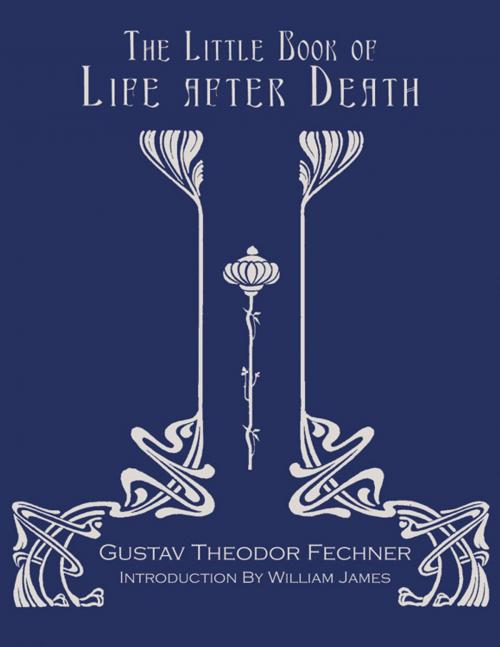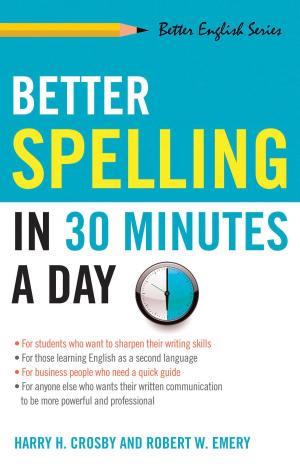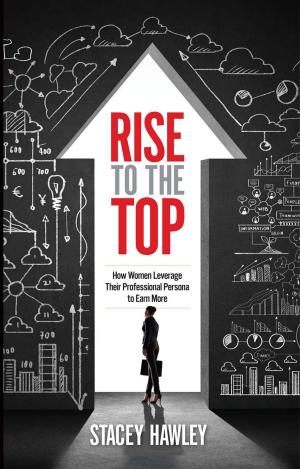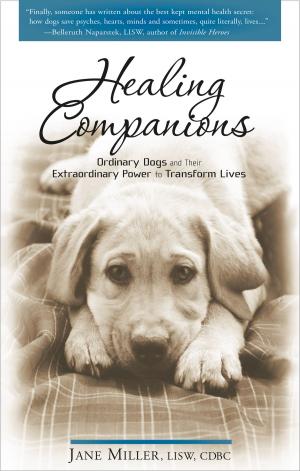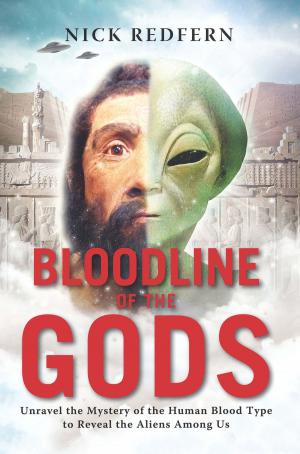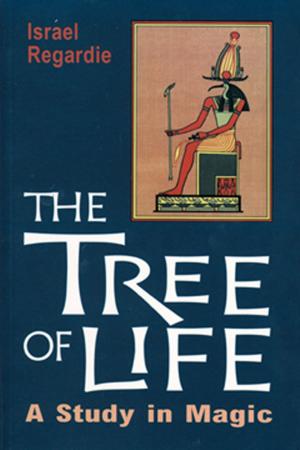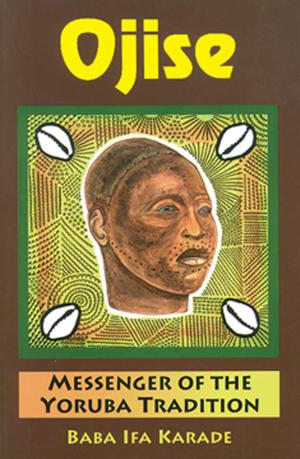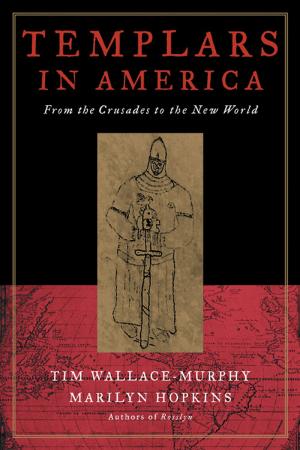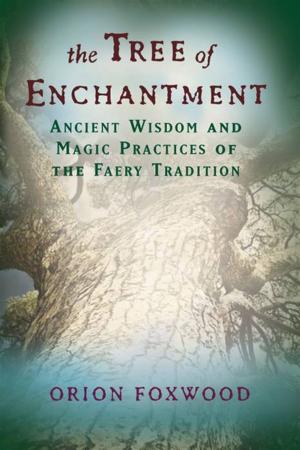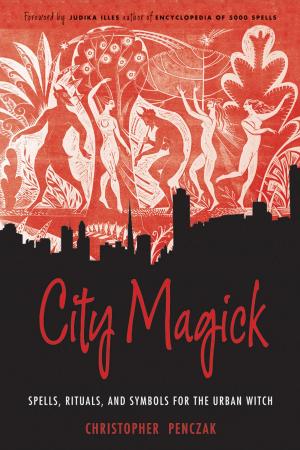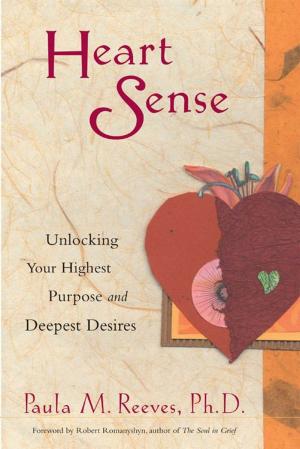| Author: | Fechner, Gustav Theodor; Wadsworth, Mary C.; James, William | ISBN: | 9781609254513 |
| Publisher: | Red Wheel Weiser | Publication: | July 15, 2005 |
| Imprint: | Weiser Books | Language: | English |
| Author: | Fechner, Gustav Theodor; Wadsworth, Mary C.; James, William |
| ISBN: | 9781609254513 |
| Publisher: | Red Wheel Weiser |
| Publication: | July 15, 2005 |
| Imprint: | Weiser Books |
| Language: | English |
A lost classic found, a guidebook for life's biggest adventure--death!
Gustav Theodor Fechner was a 19th-century physicist, psychologist, metaphysicist, and musician, who applied his considerable intellect to examining the question of life after death. Does it exist? If so, what form might it take? First written and published in a time when traditional understanding of God and nature were undergoing a huge transformation, Fechner's reasonable, accessible, and groundbreaking book became a manual for living well and dying as part of life.
Fechner explains that death is another form of birth. That just as you cannot remember the time in the womb and the painful birthing process, so too will you not remember death when you have gone through another birthing or awakening into the spirit world. In this third stage of life, the quality of life is determined by one's actions in the second stage. Right actions provide spirits with a way to better influence the living. False actions on this plane provide nothing and can be debilitating in the world to come.
The Little Book of Life After Death was first published in this country with an introduction by William James, arguably the most insightful philosopher of the late 19th century, as well as a forefather of modern psychology.
A lost classic found, a guidebook for life's biggest adventure--death!
Gustav Theodor Fechner was a 19th-century physicist, psychologist, metaphysicist, and musician, who applied his considerable intellect to examining the question of life after death. Does it exist? If so, what form might it take? First written and published in a time when traditional understanding of God and nature were undergoing a huge transformation, Fechner's reasonable, accessible, and groundbreaking book became a manual for living well and dying as part of life.
Fechner explains that death is another form of birth. That just as you cannot remember the time in the womb and the painful birthing process, so too will you not remember death when you have gone through another birthing or awakening into the spirit world. In this third stage of life, the quality of life is determined by one's actions in the second stage. Right actions provide spirits with a way to better influence the living. False actions on this plane provide nothing and can be debilitating in the world to come.
The Little Book of Life After Death was first published in this country with an introduction by William James, arguably the most insightful philosopher of the late 19th century, as well as a forefather of modern psychology.
